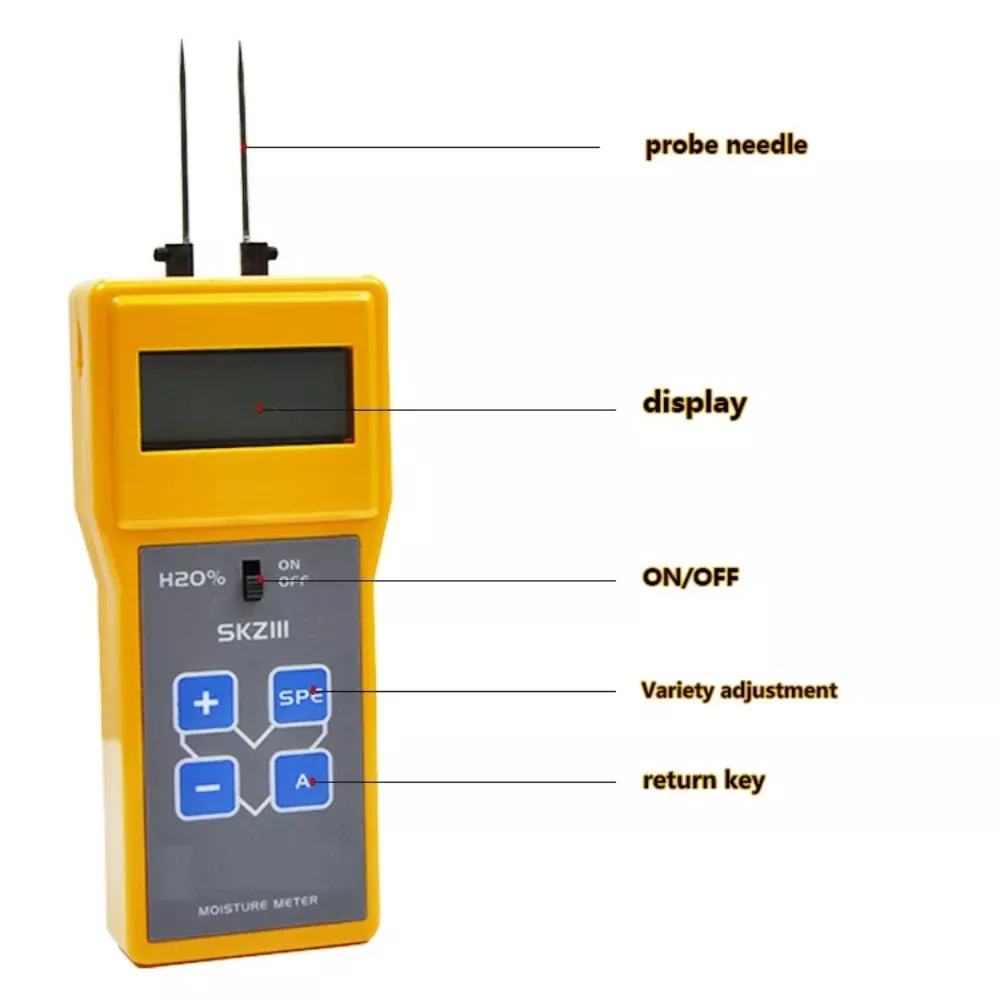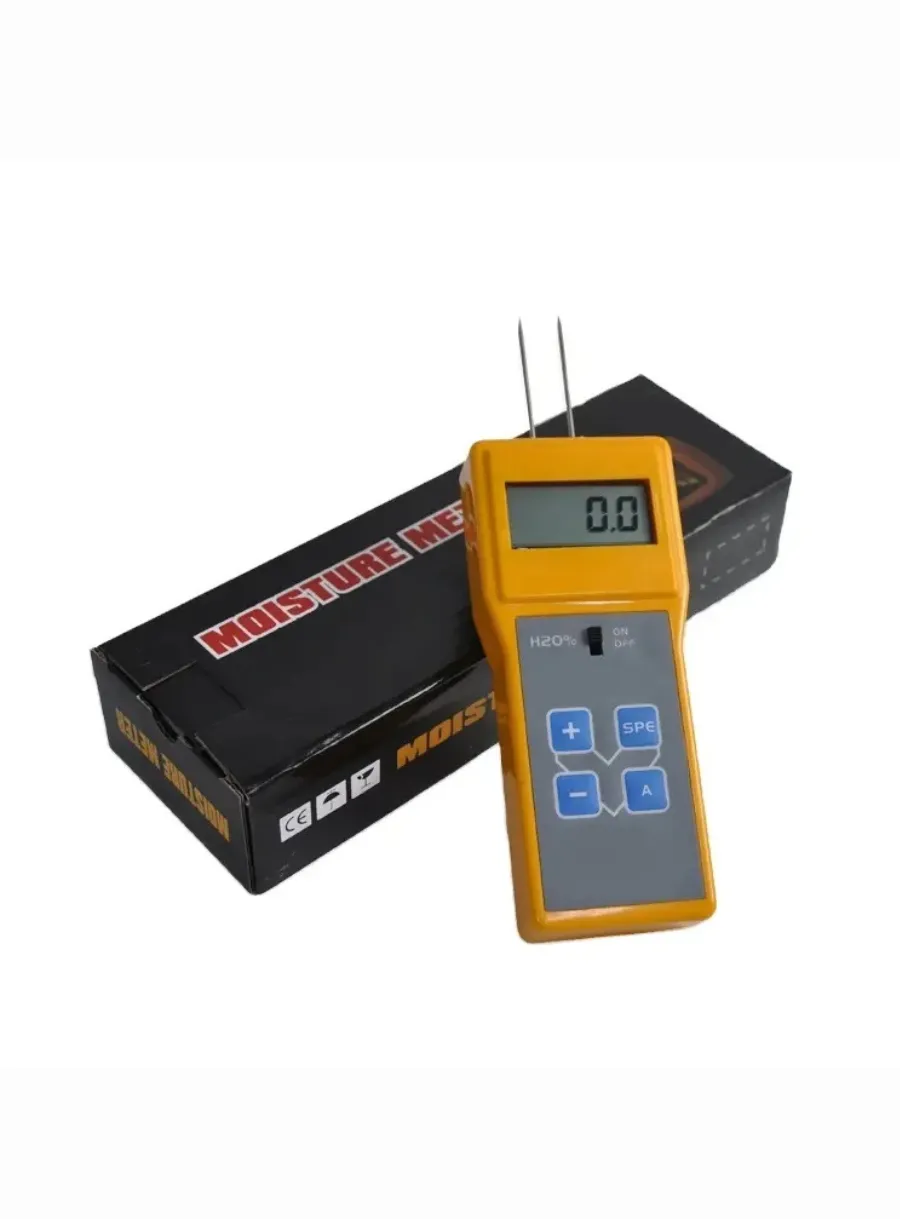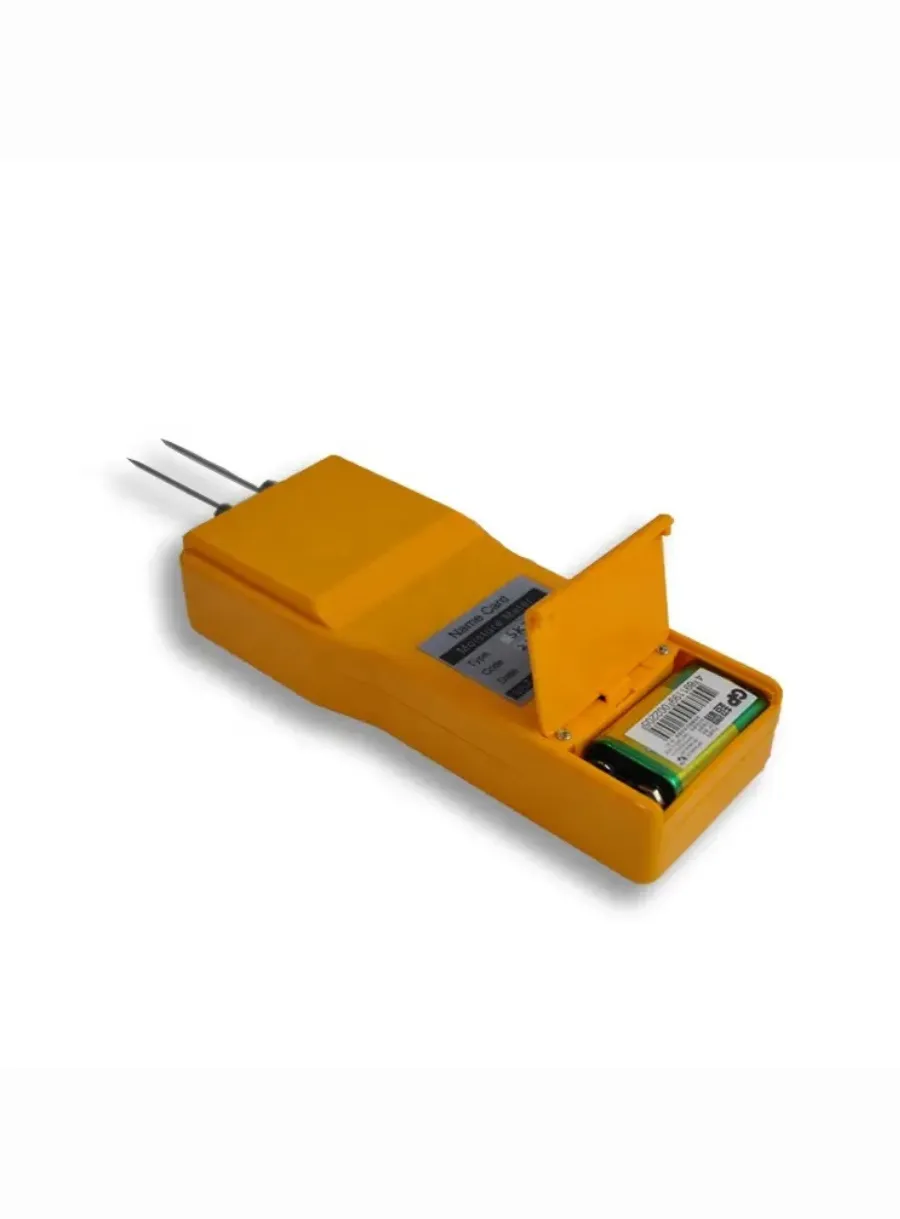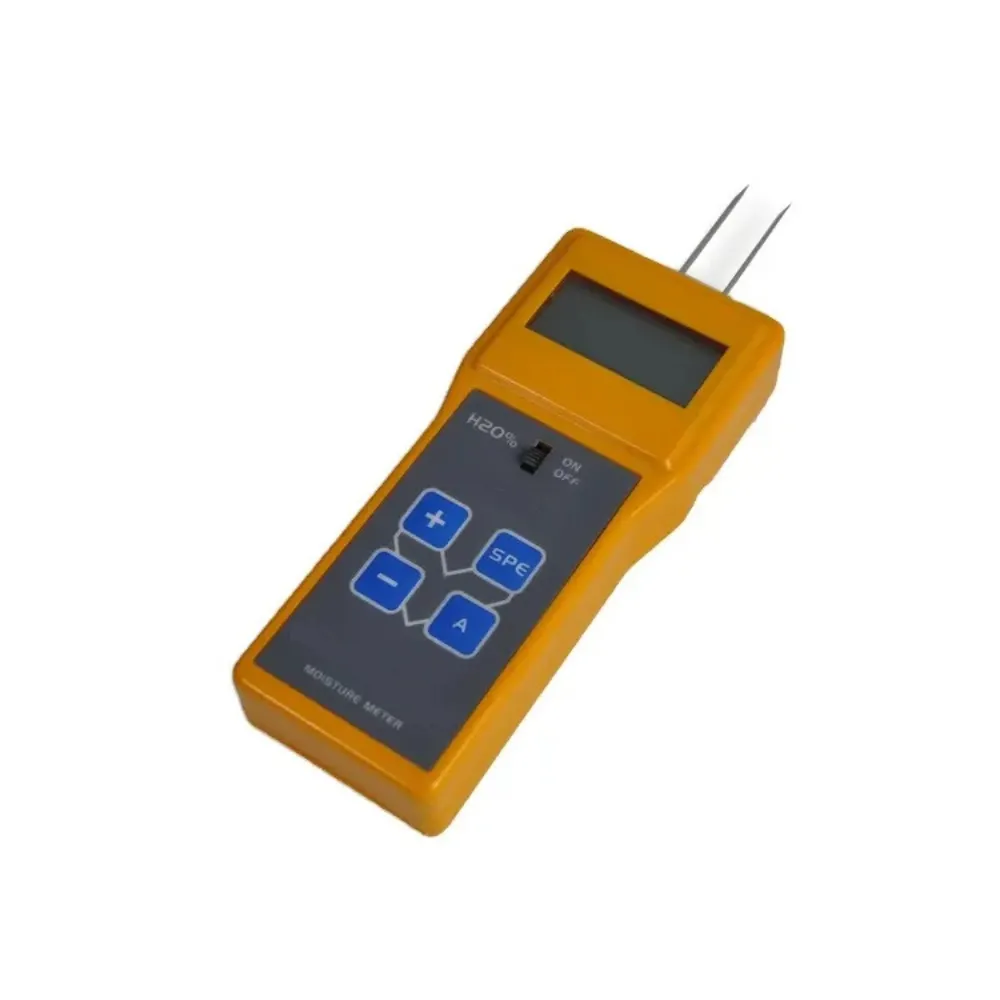
The Connection Between Moisture Meters and Energy Efficiency
Table of Contents
Moisture meters have become an essential tool in the construction and renovation industry, as they help to measure the moisture content in various materials such as wood, concrete, and soil. The importance of moisture meters lies in their ability to detect and prevent moisture-related issues, which can lead to significant energy inefficiencies. In this article, we will explore the connection between moisture meters and energy efficiency, and how these devices can contribute to a more sustainable and energy-efficient built environment.
Moisture meters work by measuring the electrical resistance or capacitance of a material, which is directly related to its moisture content. When moisture is present in a material, it alters the material’s electrical properties, making it easier for an electrical current to pass through. By measuring this change in electrical properties, moisture meters can accurately determine the moisture content of a material.

One of the primary ways in which moisture meters contribute to energy efficiency is by helping to prevent moisture-related damage to building materials. When moisture is allowed to accumulate in building materials, it can lead to a variety of problems such as rot, mold, and mildew. These issues not only compromise the structural integrity of the building but also reduce its energy efficiency. For example, when wood is exposed to excessive moisture, it can become weakened and warped, leading to gaps and cracks that allow drafts and cold air to enter the building. Similarly, moisture can cause concrete to crack and crumble, reducing its insulating properties and allowing heat to escape.
Early Detection and Prevention of Energy-Wasting Issues
By detecting and addressing moisture issues early on, moisture meters can help to prevent these energy-wasting problems from occurring in the first place. This not only saves energy but also reduces the need for costly repairs and replacements down the line. Furthermore, by maintaining optimal moisture levels in building materials, moisture meters can help to ensure that these materials perform at their best, which can lead to increased energy efficiency.

Identifying and Addressing Moisture Issues in Existing Buildings
Another way in which moisture meters contribute to energy efficiency is by helping to identify and address moisture-related issues in existing buildings. For example, if a building is experiencing unexplained energy bills or drafts, a moisture meter can be used to pinpoint the source of the problem. By identifying areas with high moisture content, contractors can take targeted measures to address the issue and improve the building’s energy efficiency.
Monitoring Moisture Content During Construction and Renovation
In addition to their role in preventing moisture-related damage and identifying existing issues, moisture meters can also be used to monitor the moisture content of building materials during construction and renovation projects. By ensuring that materials are properly dried and cured before being installed, moisture meters can help to prevent moisture-related issues from arising in the first place, leading to a more energy-efficient building.
Conclusion
In conclusion, moisture meters play a crucial role in promoting energy efficiency in the built environment. By helping to prevent moisture-related damage, identify existing issues, and monitor the moisture content of building materials during construction and renovation projects, moisture meters contribute to a more sustainable and energy-efficient built environment. As the demand for energy-efficient buildings continues to grow, the use of moisture meters will become increasingly important in ensuring that these buildings meet their energy efficiency goals.
Comments
Tags
Frequently Asked Question
Moisture meters contribute to energy efficiency by preventing moisture-related damage that can lead to drafts and heat loss, identifying existing moisture issues that may be causing energy waste, and ensuring building materials are properly dried before installation.
Yes, by identifying and addressing moisture-related issues that may be causing energy waste, such as drafts or compromised insulation, moisture meters can help reduce energy bills in both existing and new buildings.
Regular moisture checks are recommended, especially in areas prone to moisture issues. For optimal energy efficiency, quarterly checks are a good starting point, but more frequent checks may be necessary in high-risk areas or after water-related incidents.
Absolutely. In new construction, moisture meters help ensure materials are properly dried before installation, preventing future issues. In renovation projects, they can identify existing moisture problems and guide targeted improvements to enhance energy efficiency.

